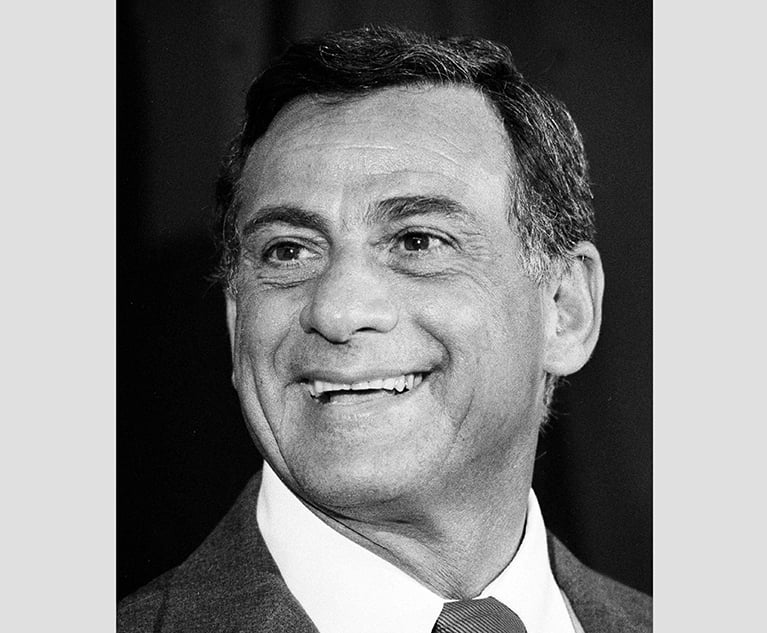 In the past year, 10 distinguished New York State appellate judges have divided evenly on whether John Giuca received a fair trial 14 years ago in the sensational “Grid Kid Slaying” in which Giuca and Antonio Russo were convicted of killing Mark Fisher, a college football player, after a night of drinking and partying in the city. Russo was the actual killer, and the evidence against him was strong. The proof against Giuca, by contrast, was relatively weak. Giuca has protested his innocence and has aggressively battled to overturn his conviction. His mother, in a highly publicized gambit, went undercover to try to expose misconduct by a juror. Last year the Appellate Division, Second Department, vacated his conviction, concluding that the trial prosecutor suppressed evidence that would have significantly impeached the key prosecution witness. This week the Court of Appeals reversed that decision, concluding that the nondisclosure was immaterial.
In the past year, 10 distinguished New York State appellate judges have divided evenly on whether John Giuca received a fair trial 14 years ago in the sensational “Grid Kid Slaying” in which Giuca and Antonio Russo were convicted of killing Mark Fisher, a college football player, after a night of drinking and partying in the city. Russo was the actual killer, and the evidence against him was strong. The proof against Giuca, by contrast, was relatively weak. Giuca has protested his innocence and has aggressively battled to overturn his conviction. His mother, in a highly publicized gambit, went undercover to try to expose misconduct by a juror. Last year the Appellate Division, Second Department, vacated his conviction, concluding that the trial prosecutor suppressed evidence that would have significantly impeached the key prosecution witness. This week the Court of Appeals reversed that decision, concluding that the nondisclosure was immaterial.
The overriding question has always been whether Giuca received a fair trial. The prosecutor throughout the trial portrayed the killing as gang-related and Giuca as a young mafia-type hoodlum. She overwhelmed the jury with incendiary suggestions and evidence of gang affiliation, gang emblems, and gang violence. There was no direct evidence of Giuca’s role in causing Fisher’s death. Prosecution witnesses gave different accounts of Giuca’s statements and motives. Given the numerous inconsistencies, the prosecutor presented differing theories of Giuica’s guilt but nevertheless, implausibly, assured the jury that all of the witnesses were telling the truth and that it really didn’t matter which theory the jury chose because, as she stated in summation, “You know that this defendant is every bit involved in this crime.”






